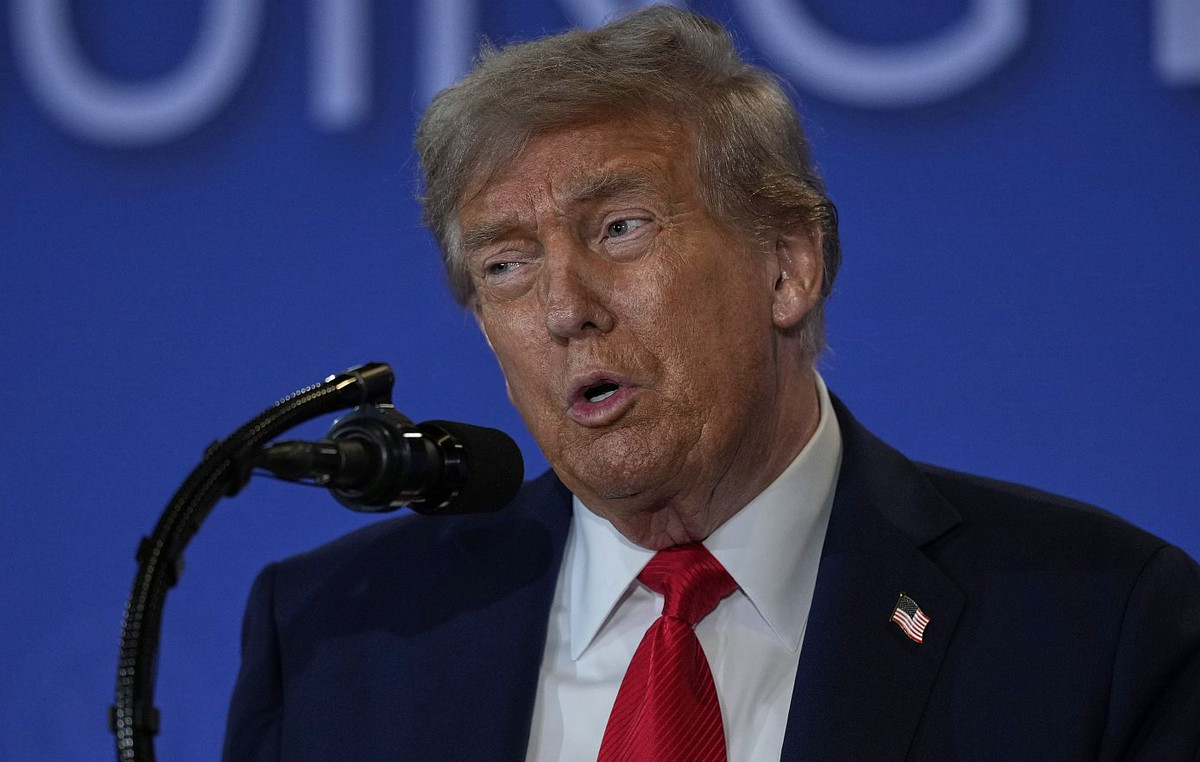President Joe Biden on Friday pardoned six individuals who had already served sentences for their crimes, including second-degree murder and drug-related crimes, and became active in their communities after their release.
The list includes Beverly Ann Ibn-Tamas, an 80-year-old woman from Ohio who was convicted of murder for shooting her husband when she was 33. She testified that her husband physically assaulted and threatened her moments before killing him, but the court would not allow expert testimony on “battered wife syndrome”.
On appeal, she was sentenced to a sentence of up to five years, a moment considered significant for the judicial recognition of battered woman syndrome.
Also on the list is a 66-year-old Arizona man, Gary Parks Davis, who pleaded guilty to using a telephone to conduct a cocaine transaction when he was 22. He served a six-month sentence and completed parole in 1981, and has since earned a bachelor’s degree and volunteered in his community.
Edward Lincoln De Coito III, a 50-year-old man from California, pleaded guilty to a marijuana trafficking charge when he was 23 years old. He served over a year in prison and has since served in the US Army and Army Reserves.
Vincente Ray Flores was court-martialled when he was around 19 years old for consuming ecstasy and alcohol while serving in the military. After being sentenced to four months in prison, he participated in a return-to-service program and remains on active duty, earning numerous honors from the military.
It is not unheard of for a president to use pardon authority for a military court-martial, but in the past this has been controversial. In 2019, then-President Donald Trump pardoned two former servicemen and restored the rank of a third accused of far more serious crimes than Flores.
At the time, Secretary of Defense Mark Esper and other senior military leaders told Trump that a presidential pardon could undermine the integrity of the military justice system and the ability of military leaders to ensure good order and discipline.
Charlie Byrnes Jackson of South Carolina pleaded guilty to an illegal whiskey transaction when he was 18. After completing his parole in 1969, he has been active in his community, including helping to renovate his church.
And John Dix Nock III, a 72-year-old Florida man, pleaded guilty to a marijuana grow house charge. He completed community confinement in 1997 and has since worked as a general contractor and helps mentor young people who want to enter the profession.
The White House said Biden believed in second chances and that those he pardoned on Friday “have demonstrated a commitment to improving their communities and the lives of those around them.”
A White House official said the pardons were granted through a “deliberative process” coordinated closely with the Justice Department.
The six pardons Biden granted on Friday came after he issued a broad pardon for all prior federal offenses of simple marijuana possession, a move that senior administration officials said would affect thousands of Americans accused of that crime.
You first pardons of Biden’s presidency occurred in April, when he granted full pardons to three individuals, as well as commuting the sentences of 75 people serving time for non-violent drug offenses as part of “Second Chance Month”.
“President Biden believes that America is a nation of second chances and that providing meaningful opportunities for redemption and rehabilitation empowers those who have been incarcerated to become productive, law-abiding members of society,” a White House official said Friday. market.
“The President remains committed to offering a second chance to individuals who have demonstrated their rehabilitation.”
Source: CNN Brasil
Bruce Belcher is a seasoned author with over 5 years of experience in world news. He writes for online news websites and provides in-depth analysis on the world stock market. Bruce is known for his insightful perspectives and commitment to keeping the public informed.







